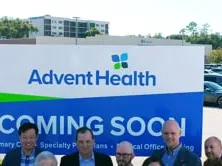- Megan Paquin
Choose the health content that’s right for you, and get it delivered right in your inbox.
When Chuck Schram had his first stroke in 2006, he had no idea his road to recovery would be so daunting. The long-term loss of mobility and strength on his left side made routine tasks impossible and, like most stroke survivors, his rehabilitation therapy eventually plateaued – leaving Chuck and his family wondering whether his limited hand and arm function would ever improve.
But today, there is renewed hope for Chuck and other ischemic-stroke survivors. Recently, AdventHealth became the first health care system in the Southeast to expand long-term stroke recovery care with six successful implantations of a new FDA-approved device shown to improve the effectiveness of rehabilitation therapy and significantly enhance patients’ hand and arm function.
Chuck was one of the first Orlando Neurosurgery patients to receive treatment with the Vivistim® Paired VNS™ System at AdventHealth. The device, which is implanted under the skin in the upper left chest area, connects through a stimulation lead to the vagus nerve. Combined with rehabilitation therapy aimed at increasing mobility and control of the upper extremities, this innovative medical technology can offer patients the chance to improve their recovery even after significant time has passed.
“Before now, effective treatments for long-term stroke recovery were limited,” said Dr. Ravi H. Gandhi, medical director of the AdventHealth Neuroscience Institute and partner at Orlando Neurosurgery, who led the team in bringing this breakthrough device to stroke survivors in Florida. “By combining a well-established surgical procedure for vagus nerve stimulation (VNS) with intensive, goal-oriented rehabilitation, we are transforming stroke recovery with the potential for greater independence and better quality of life overall.”
Occupational or physical therapists use a wireless remote to activate the Vivistim device while the patient completes various functional skills that are important to them like folding clothes, opening containers and cutting food. Once patients have graduated from the intensive program, they are then able to continue their progress through a self-directed, home-based therapy program using a magnet to activate the Vivistim System daily.
“This innovation may give patients who have plateaued in their recovery a new chance to fundamentally change their quality of life for the better,” said Dr. Chandan Reddy, head of the Deep Brain Stimulation program at AdventHealth Celebration and a board-certified neurosurgeon. “We are pleased to offer this breakthrough device to our patients and to be on the cutting-edge of helping improve long-term stroke recovery outcomes.”
Since completing his initial six-week rehabilitation protocol, Chuck has seen significant improvement in his shoulder, forearm and elbow movement, including rotation and flexion that were inaccessible prior to his implantation and therapy with Vivistim.
“He has had tremendous results,” said Dr. Gandhi. “Chuck is one of our first Vivistim success stories, and we expect many more just like him.”
For full safety information, please see www.vivistim.com/safety.
Recent News
AdventHealth purchases 17 acres in DeLand
AdventHealth purchases 17 acres in DeLand
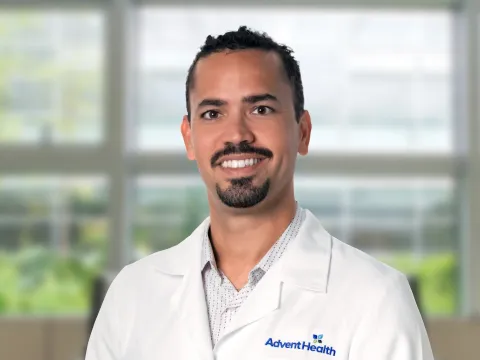
Albit Paoli, MD joins AdventHealth Medical Group Orthopedics & Sports Medicine
AdventHealth is pleased to announce that Albit Paoli, MD, has joined AdventHealth Medical Group Orthopedics & Sports Medicine at Calhoun and AdventHealth Medical Group Orthopedics & Sports Medicine at...
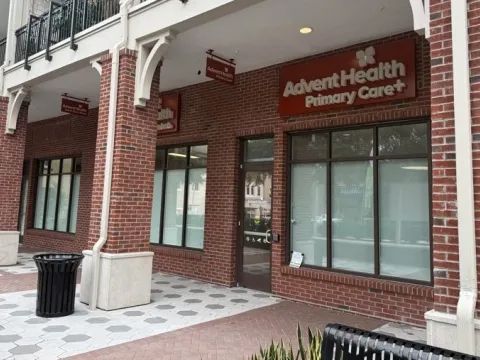
AdventHealth expands access to primary care in the heart of DeLand
AdventHealth has opened a new Primary Care+ location in the heart of downtown DeLand, giving residents a simple way to get everyday care close to where life happens. The primary care practice offers...
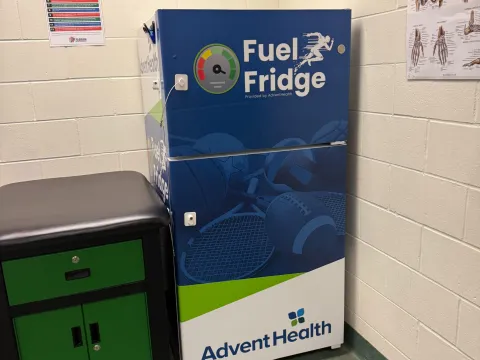
Fueling healthy futures for Flagler’s student athletes
Early practices, full class schedules, and evening games can push student athletes to their limits, and proper nutrition is essential to keeping them strong and focused. AdventHealth has introduced...
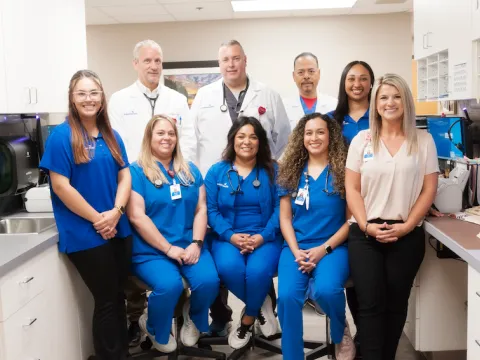
AHMG Cardiology at Dalton earns nuclear cardiology accreditation
AdventHealth Medical Group Cardiology at Dalton has earned a three-year accreditation in Nuclear Cardiology from the Intersocietal Accreditation Commission (IAC).
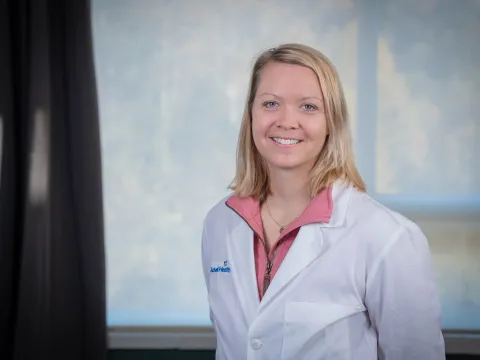
New orthopedic provider expands access to compassionate care for families in WNC
AdventHealth is welcoming Beth Mitchell, PA-C, an experienced orthopedic provider bringing warm, whole-person care to patients across Haywood County and the surrounding Western North Carolina region.

When seconds count: How a community of heroes saved one little girl
It was a day like any other — until the phone rang. For Ellison’s mom, that call froze time: “You need to get here right away.”

AdventHealth expands neurology services in West Volusia
Board-certified neurologist Dr. Zarmina Mufti has joined AdventHealth Medical Group and is now caring for patients at AdventHealth, expanding access to expert, whole-person neurological care for...

Avon Park man receives innovative, non-invasive prostate treatment now available in Highlands County
When Marc Marasigan went to the Emergency Department at AdventHealth Sebring, he thought he was dealing with a stubborn fever and some back pain. Instead, that visit uncovered a kidney stone and a...
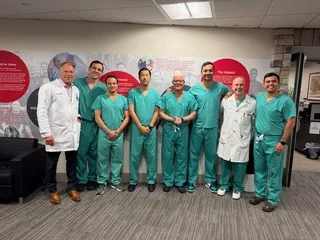
Pursuing excellence in knee surgery: Colorado Joint Replacement hosts Insall Traveling Fellowship
The international program that brings leading knee surgeons together to learn, collaborate and elevate the future of joint care.
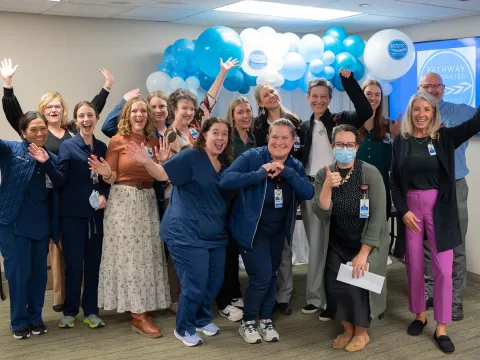
Strengthening patient care in WNC: AdventHealth Hendersonville earns new nursing recognition
AdventHealth Hendersonville has been designated as a Pathway to Excellence® organization by the American Nurses Credentialing Center (ANCC), a recognition that highlights the hospital’s commitment to...
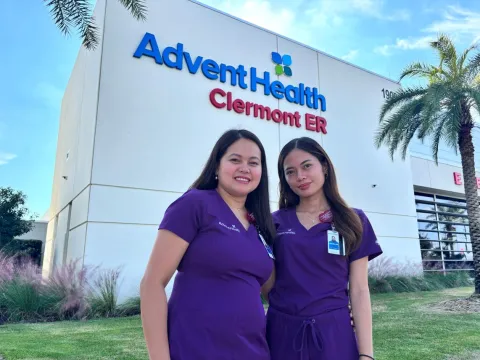
An ocean between them, and a calling that reunited them
After seven years apart, sisters Maricar Olsen and Ermeliza Ortiz were reunited in a place they both now call home. Their journey from the Philippines to Central Florida is a story of faith, family...


